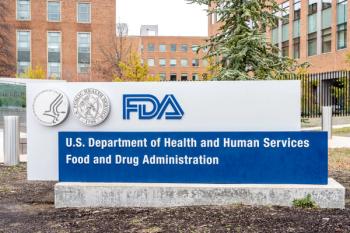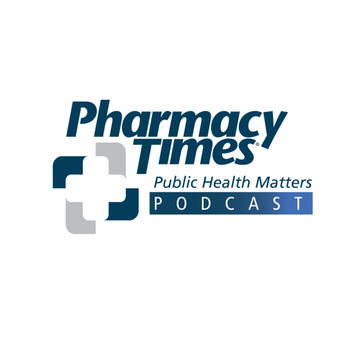
Reimbursement
Latest News
Latest Videos

CME Content
More News

Incorporate Program Requirements Into Systems and Workflows.

Manufacturers must find the right balance in drug pricing, so that medications are appealing to both public and private insurers while still remaining profitable throughout their lifecycle.

Frustrations with the current means of achieving price discrimination have reached a boiling point, but the future remains uncertain.

The opioid settlement framework could have a significant impact on the future of cannabis distribution and its role in health care.

Patients with cancer and survivors of cancer that had engaged in administrative tasks to effectively estimate costs or pay for care was associated with an 18% increase in cost-related treatment delays or treatment nonadherence.

Advanced technology can automate many pharmacovigilance tasks to build workflow efficiencies, reduce manual intervention, and free up team members for more strategic activities.

With the help of new and complex algorithms and self-learning models, we are currently privy to what we may look back on as the golden era of AI.

The results differ from previous studies and the predictions of the researchers that the Child Tax Credit would reduce the prevalence of low birth weight among pregnant women across the country.

Pharmacies brace for a double wave of DIR fees while paddling against profit struggles. Enter Pharmacy AI: a transformative vehicle to navigate stormy waters, enhance efficiency, and prioritize patient care.

Stakeholders need to convene honest, actionable discussions about the challenges and the safeguards needed to address appropriate use of artificial intelligence in health care.

Session at NACDS Total Store Expo discusses minor changes that retail companies can make to mesh artificial intelligence into their work to increase sales, improve margins, and lower costs.

New standards from the National Council for Prescription Drug Programs could drive changes that improve patient safety by optimizing drug therapy to reduce the risk of harm and improve health and well-being before a medication is dispensed.

There was no association between the amount of evidence behind a product and the time until Medicare coverage, suggesting issues within the coverage determination process itself.

Improved prescription information could help consumers make better health care decisions and result in cost savings.

In terms of science and technology, the health care community has everything needed to clinically implement pharmacogenomics testing.

Pharmacists are critically important in care delivery in their ability to influence patient success, patient-reported outcomes, and quality of life while reducing the burden on physicians and their clinical support teams.

Thousands more people filled their insulin prescriptions following the introduction of the cap in January 2023, especially compared to those who were not enrolled in Medicare, a new study finds.

The updated version of the Oncology Care Model (OCM) incentivizes value-based care over volume, but some wonder if it is enough.

Legislation would place emphasis back on patient health rather than on cumbersome, time-consuming paperwork.

Managing cost savings can soften the blow of direct and indirect remuneration fee reform that will impact pharmacists during the first half of 2024.

Effective implementation of the Inflation Reduction Act may allow legislators to shift their focus toward controversial pharmacy benefit manager practices, according to a panel discussion during the ATOPP Summit.

Analyzing the patent and trademark challenges faced by 503A compounding pharmacies.

Clinical pharmacy services became eligible for reimbursement by all health insurance in Germany; however, challenges persist in upscaling and sustaining these services.

On this episode of Public Health Matters, Christina Madison speaks with Lydia Bailey, PharmD, BCACP, pharmacy operations manager for St. Vincent de Paul Charitable Pharmacy in Cincinnati, Ohio about what charitable pharmacies are.

Pharmacists must find innovative health care solutions to combat the hefty financial burden associated with treating cancer.




































